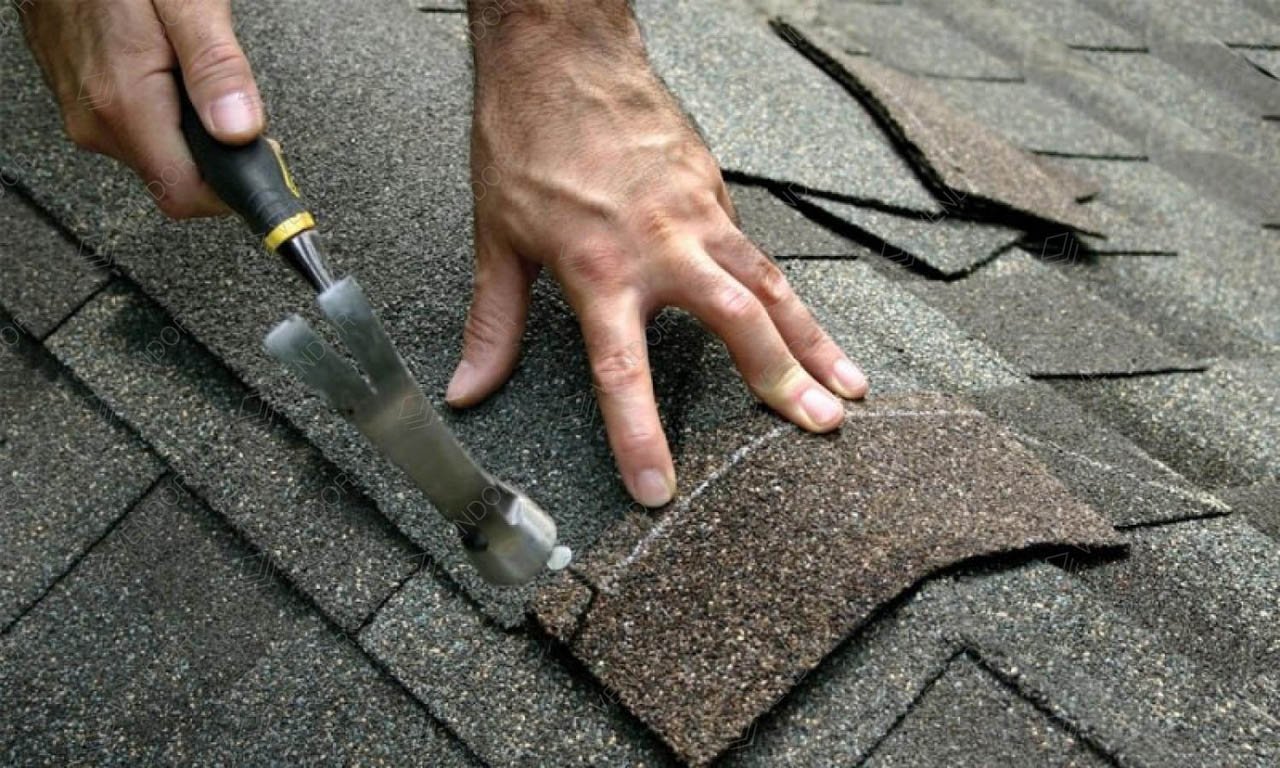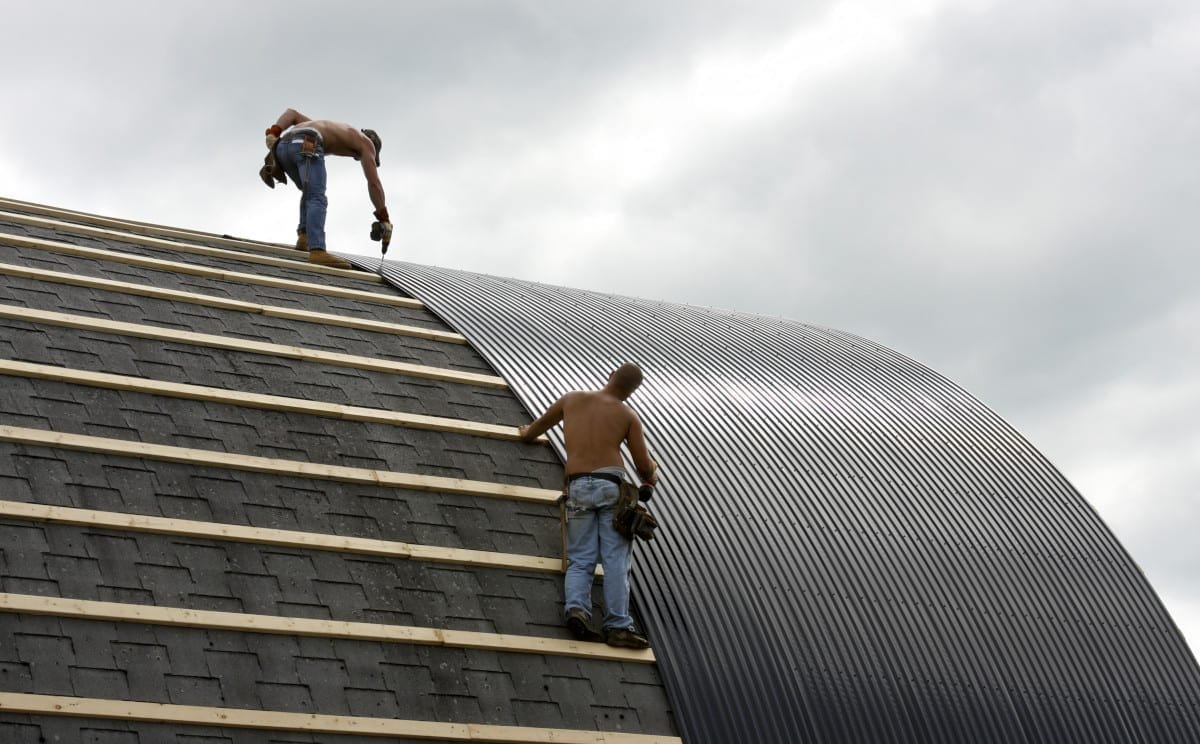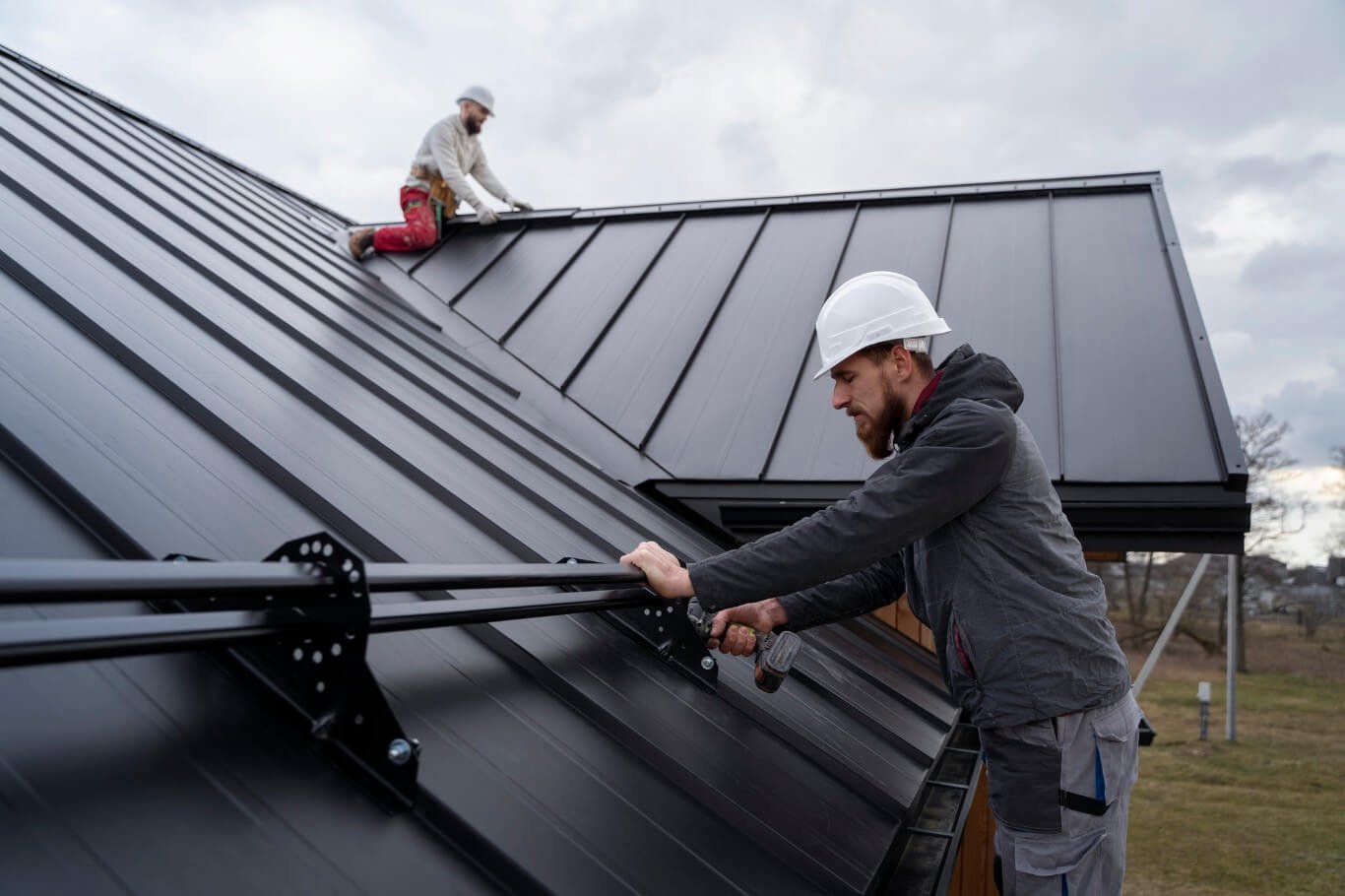When it comes to selecting the right roofing material for your home, there are numerous factors to consider. Roofing choices vary greatly in terms of cost, durability, and appearance. To ensure that you make an informed decision, it’s essential to understand the various options available and their respective benefits. In this guide, we’ll evaluate different roofing materials, with insights from Roofing Talks.
Understanding Roofing Materials

Asphalt Shingles
Overview
Asphalt shingles are one of the most commonly used roofing materials due to their affordability and ease of installation. These shingles are available in two main types: fiberglass and organic.
Benefits
- Cost-Effective: Asphalt shingles are generally less expensive compared to other materials, making them a popular choice for budget-conscious homeowners.
- Ease of Installation: They are relatively simple to install, which can reduce labor costs.
- Variety: Asphalt shingles come in various colors and styles, allowing for customization to suit different architectural designs.
Considerations
- Lifespan: Typically, asphalt shingles have a shorter lifespan compared to other materials, often requiring replacement every 15 to 30 years.
- Climate Suitability: They may not perform as well in extreme climates, such as very hot or very cold environments.
Metal Roofing
Overview
Metal roofing has gained popularity for its durability and modern appearance. It comes in several forms, including steel, aluminum, and copper.
Benefits
- Longevity: Metal roofs can last up to 50 years or more, making them a long-term investment.
- Durability: They are highly resistant to weather elements such as wind, hail, and snow.
- Energy Efficiency: Metal roofs reflect solar heat, which can help in reducing cooling costs.
Considerations
- Cost: Metal roofing is generally more expensive than asphalt shingles, both in terms of materials and installation.
- Noise: Metal roofs can be noisier during rain or hailstorms, although this can be mitigated with proper insulation.
Wood Shingles and Shakes
Overview
Wood shingles and shakes offer a natural and traditional aesthetic. They are typically made from cedar, pine, or redwood.
Benefits
- Aesthetic Appeal: Wood roofing provides a classic and appealing look that enhances the overall charm of a home.
- Insulation: Wood offers better insulation compared to some other materials, potentially improving energy efficiency.
Considerations
- Maintenance: Wood roofs require regular maintenance to prevent issues like rot, mold, and insect damage.
- Fire Risk: Wood shingles and shakes are more susceptible to fire compared to other roofing materials, although fire-retardant treatments can reduce this risk.
Slate Roofing
Overview
Slate roofing is known for its durability and elegant appearance. It is a natural stone that provides a unique and sophisticated look. Popular Roofing Materials offers a thorough examination of various roofing choices, which is essential when Evaluating Roofing Options. This detailed exploration highlights key aspects of popular materials, such as their benefits, drawbacks, and overall performance. Understanding these factors helps in making informed decisions about which roofing material best fits your needs
Benefits
- Longevity: Slate roofs can last over a century, making them one of the most durable options available.
- Low Maintenance: Slate is resistant to many of the issues that affect other roofing materials, such as mold and rot.
Considerations
- Cost: Slate roofing is one of the more expensive options due to its material cost and the labor required for installation.
- Weight: Slate is heavy and may require additional structural support to handle the weight.
Final Thoughts

Selecting the right roofing material involves evaluating your budget, climate, and aesthetic preferences. Asphalt shingles are a cost-effective choice for many homeowners, while metal roofing offers durability and energy efficiency. Wood shingles provide a natural look but require regular maintenance, and slate roofing offers unmatched longevity and elegance.
Each material has its own set of advantages and challenges, so it’s important to weigh these factors carefully. By consulting Roofing Talks and considering your specific needs, you can make an informed decision that will serve your home well for years to come.




